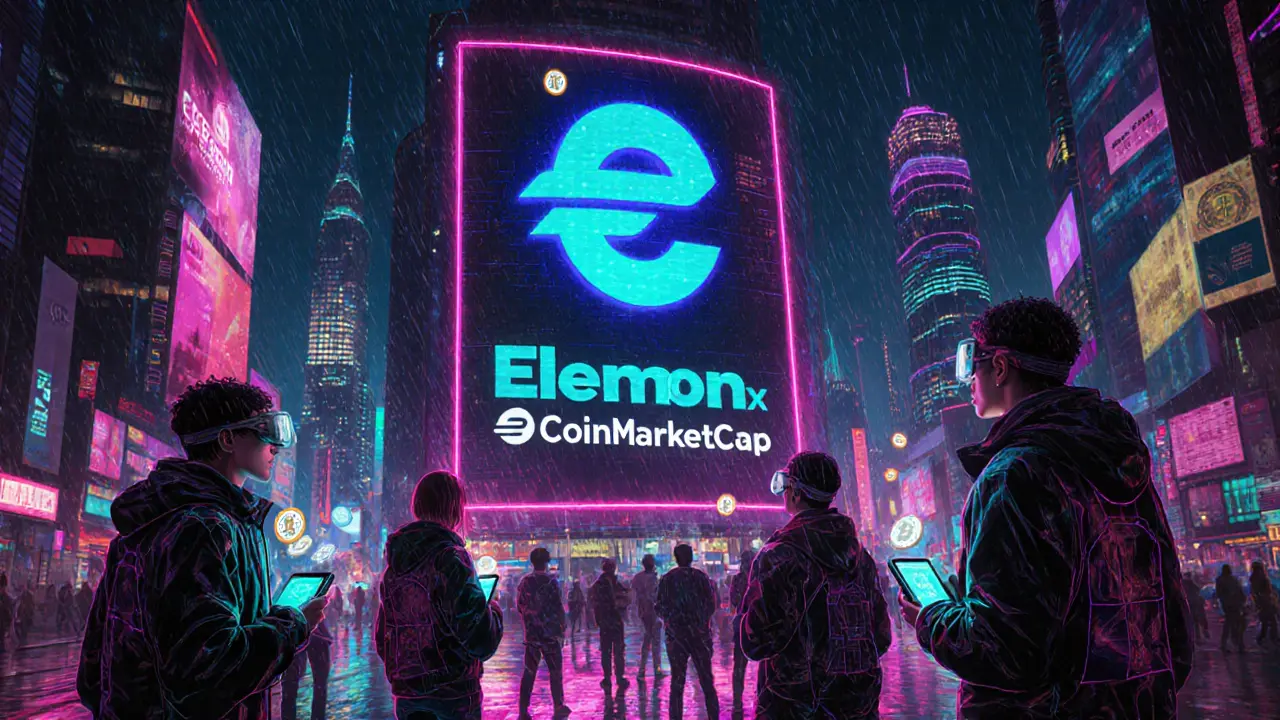Explore the Elemon x CoinMarketCap airdrop: timeline, token stats, liquidity, and next steps for holders. Get all details in one guide.
Read MoreWhat is NFT gaming and why it matters
When working with NFT gaming, a blend of non‑fungible tokens and interactive video games that lets players truly own, trade, and profit from in‑game items. Also known as play‑to‑earn gaming, it turns entertainment into a potential revenue stream.
The backbone of this revolution is blockchain, a decentralized ledger that guarantees scarcity and provenance of digital collectibles. Because blockchain records every transaction, it enables ownership verification that traditional games can’t match. In practice, this means a rare sword or skin can be bought, sold, or rented across platforms, creating a true secondary market.
Key components that power NFT gaming
One core component is the play‑to‑earn model, where gamers earn cryptocurrency or NFTs by completing tasks, winning battles, or simply logging in. This model reshapes incentives: instead of spending money for loot boxes, players can earn value directly. Another essential piece is the virtual asset, any in‑game item represented as an NFT, from characters to land parcels. Virtual assets bring real‑world economics into the digital realm, letting creators monetize their designs forever.
To make the economy fluid, developers rely on crypto tokens, fungible coins that act as the medium of exchange for buying, selling, and staking NFTs. Tokens like $MANA or $SAND power entire metaverses, while utility tokens tie directly into game mechanics, rewarding skill and activity. The relationship is simple: blockchain ensures token security, tokens drive transactions, and NFTs provide the unique items that users value.
Smart contracts link all three layers—blockchain, tokens, and virtual assets—by automating ownership transfers and royalty payments. When a player sells an NFT, the contract instantly routes a percentage back to the original creator, sustaining a creator‑first ecosystem. This automated royalty system is a direct outcome of the tokenized model and it encourages ongoing development of high‑quality game content.
From a player’s perspective, the appeal lies in tangible value and community ownership. Guilds can pool NFTs, stake tokens for governance rights, and collectively influence game updates. This collaborative dynamic mirrors traditional esports teams but adds financial stakes tied to actual digital property. As a result, the line between gamer, investor, and creator blurs, creating a multifaceted identity for participants.
Below you’ll find a curated list of articles that break down each of these pieces—exchange reviews, token deep dives, regulatory insights, and hands‑on guides. Whether you’re a curious newcomer, a seasoned trader, or a developer looking to launch the next big NFT title, the collection offers practical knowledge to navigate the fast‑moving world of NFT gaming.
